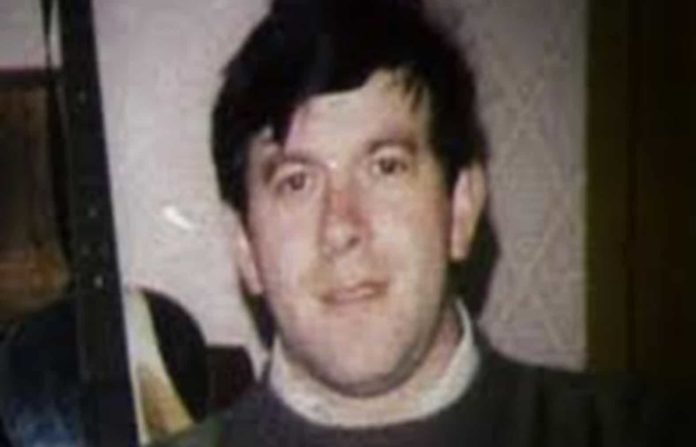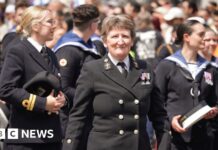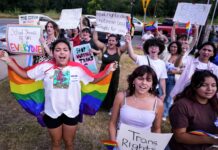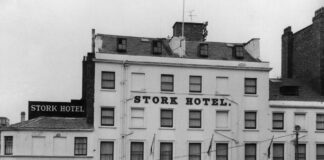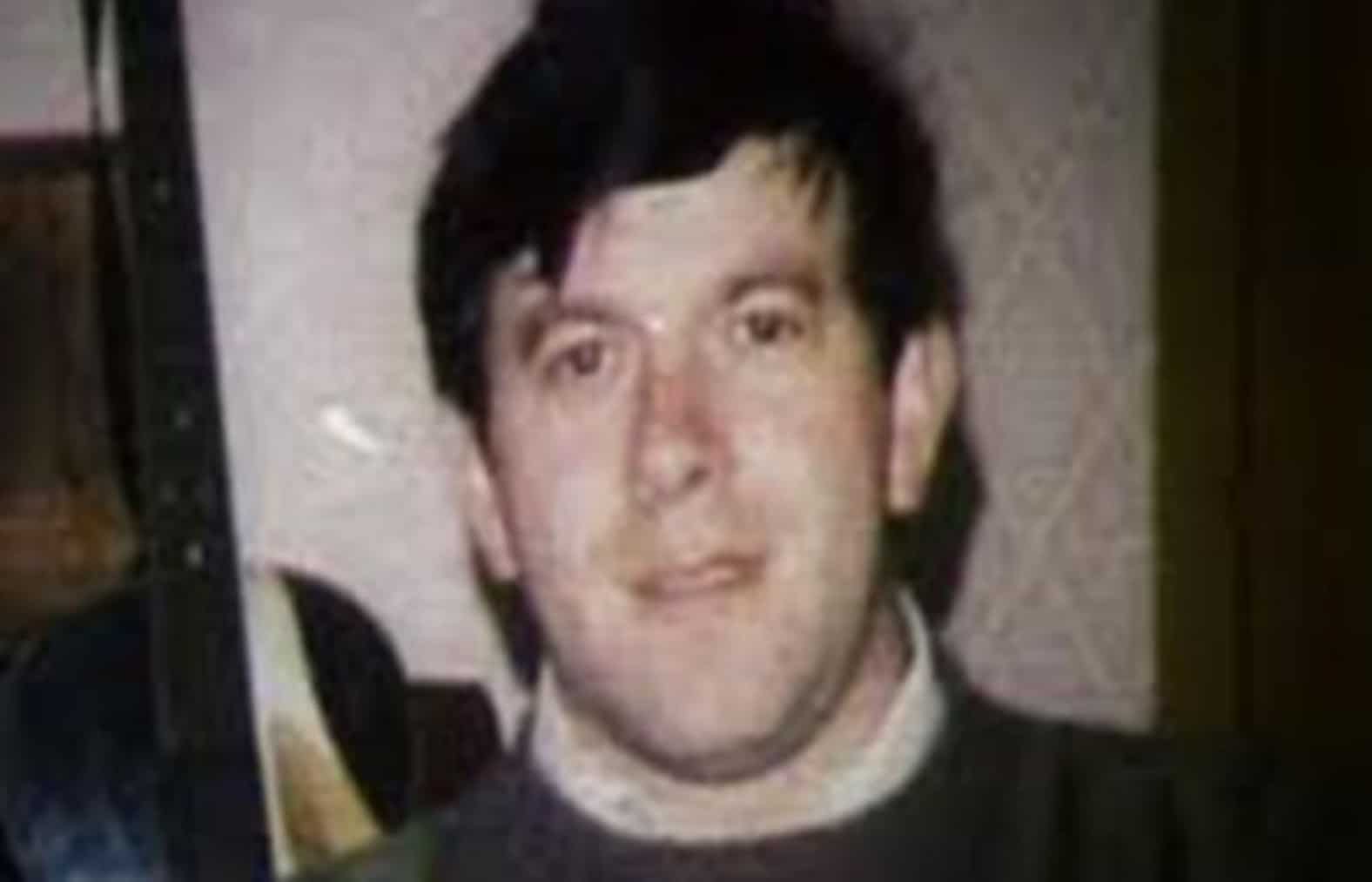
The night of 9 September, 1982 started off like any other evening for Declan Flynn.
He went to Belton’s Pub in Donnycarney, Dublin with a friend – an establishment that was just a short walk from his home.
At 11.45pm that night, Flynn left the pub and set off on his walk home through Dublin’s Fairview Park, a well-known meeting spot for gay men. He stopped off at the Fairview Grill on his way home where he met with a male friend. Before continuing his journey, his friend kissed him on the cheek.
Shortly afterwards, he was violently beaten to within an inch of his life by a group of “vigilante” teenage boys who wanted to remove queer people from the park.
At around 1.45am, a badly-beaten Flynn was discovered in the park, with paramedics arriving on the scene just minutes later. He died shortly afterwards in Blanchardstown Hospital.
He was just 31-years-old.
Flynn’s death sent shockwaves through Ireland’s LGBT+ community – but anger reached a crescendo when the boys responsible for his death went before the courts.
One of the boys admitted that they went to the park as part of a “queer bashing” mission, boasting about having “battered about 20 steamers”.
“We used to grab them. If they hit back we gave it to them,” said Robert Alan Armstrong, then aged 18.
Despite this, all five boys walked free, with Mr Justice Seán Gannon telling them that Flynn’s killing “could never be regarded as murder”.
Gannon told the court: “One thing that has come to my mind is that there is no element of correction that is required. All of you come from good homes and experienced care and affection.”
Heartbreak in Ireland’s LGBT+ community quickly turned to fury – a rage that was compounded when the teenage killers held a “victory march” in Dublin after walking away with suspended sentences.
Declan Flynn’s brutal murder galvanised Ireland’s Pride movement
Flynn’s death galvanised the modern Pride movement in Ireland as LGBT+ people rose up and demanded that Irish society treat them with the respect they deserved. Between 400 and 800 queer people took to the streets shortly after the boys were given suspended sentences, marching from Liberty Hall through the city to Fairview Park in protest.
“When the judge let them off with suspended manslaughter sentences, essentially what it said to us was that a gay man’s life had no value,” Tonie Walsh, curator of the Irish Queer Archive, told drag queen Panti Bliss on her radio show Pantisocracy.
That march, Walsh said, was “the first large-scale massing of lesbians and gay men in Ireland”.
“We were angry and fearful at the same time. And the only good thing that came out of all that misery was we funnelled all that anger into Ireland’s first proper Pride parade three months later, when 150 of us walked down newly pedestrianised Grafton Street.”
On 25 June, 1983, protesters marched through the streets from Stephen’s Green to the General Post Office (GPO), where Cathal Ó Ciarragáin, Tonie Walsh and Joni Crone addressed the crowd.
In her speech, Crone delivered a satirical queer re-working of the 1916 proclamation of independence, written by Irish revolutionaries and read in the same spot many years before.
It was a moment of protest, anger and visibility — and it marked a radical shift in queer activism in Ireland.
In an interview with Una Mullally for her book In the Name of Love: The Movement for Marriage Equality in Ireland, LGBT+ rights campaigner Izzy Kamikaze said: “We were the people who organised the Fairview Park march after the killing, which is the thing that people say was ‘The Irish Stonewall’. It was.”
Ireland at the time was a staunchly Catholic country and it was a cold, unrelentingly cruel place for queer people to exist.
Since then, things have changed drastically. Gay sex was finally decriminalised in 1993. In 2015, marriage equality was legalised and the Gender Recognition Act was finally passed, giving some trans people legal recognition for the first time.
None of those changes would have happened without the tireless, painstaking work done by LGBT+ activists who spent years marching through the streets, demanding change.
When marriage equality finally became a reality in 2015, activists decorated a footbridge in Fairview Park in memory of Declan Flynn, showing that the legacy of his shocking death will never be forgotten.
Almost 40 years on, Flynn remains a vital figure in Ireland’s Pride movement – even if he never lived to see LGBT+ equality.

